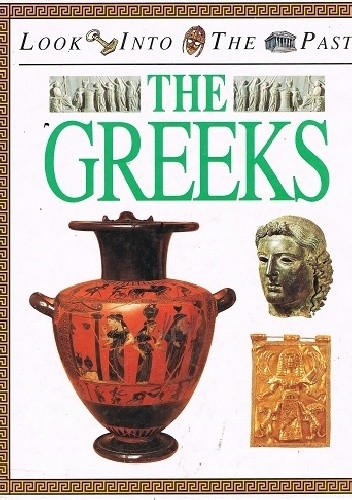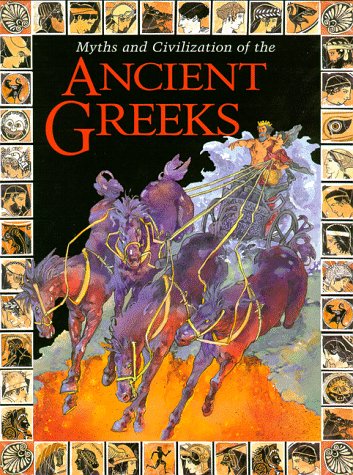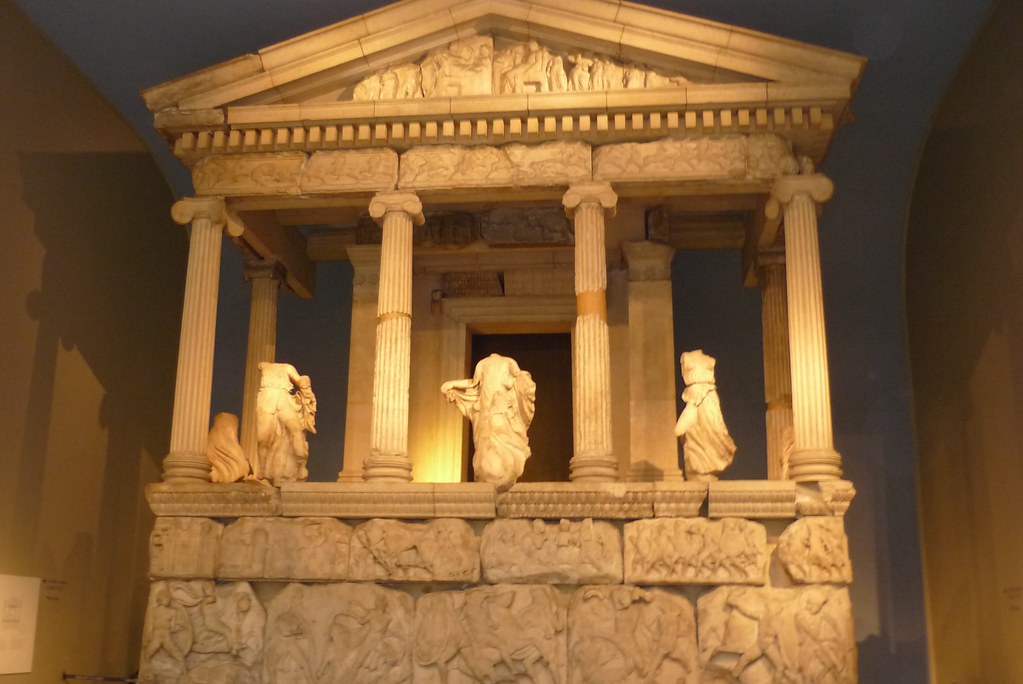Ancient Civilisations
Ancient Greece
Resource Key
When accessing content use the numbers below to guide you
 LEVEL 1
LEVEL 1
Brief, basic information laid out in an easy-to-read format. May use informal language. (Includes most news articles)
 LEVEL 2
LEVEL 2
Provides additional background information and further reading. Introduces some subject-specific language
 LEVEL 3
LEVEL 3
Lengthy, detailed information. Frequently uses technical/subject-specific language. (Includes most analytical articles)
What is an Artefact?
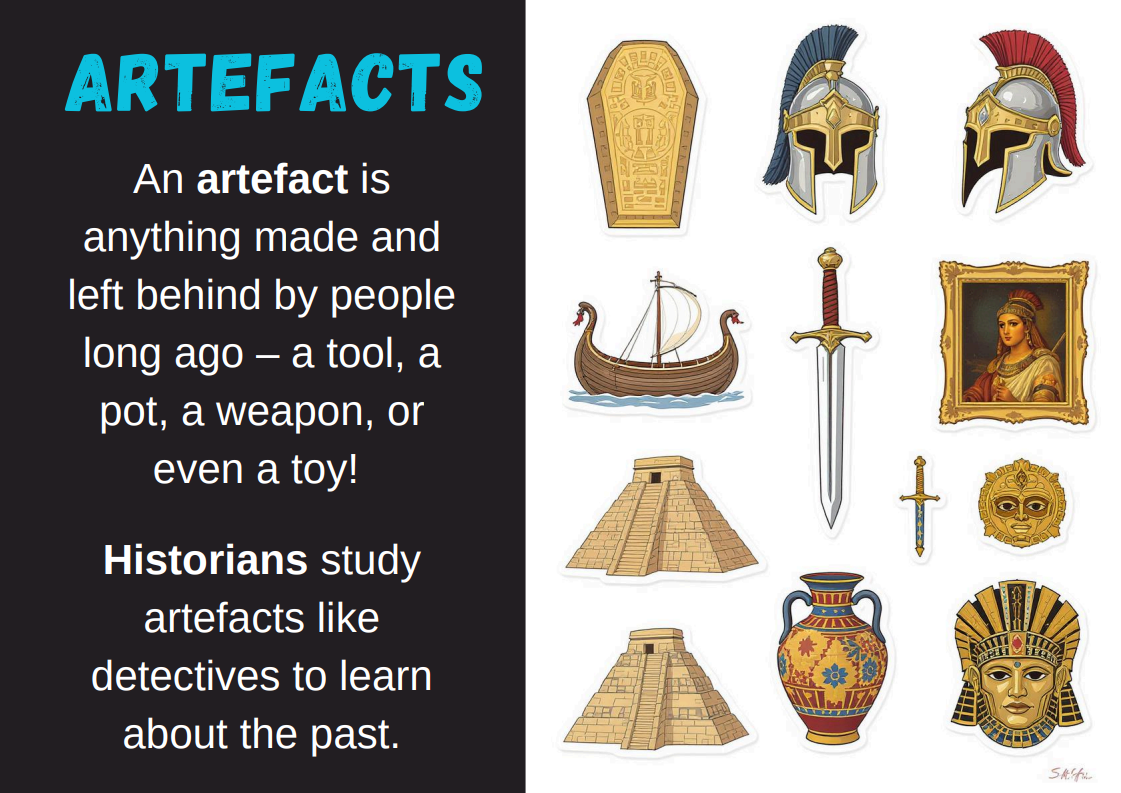
Reference Generator
Remember to use the Reference Generator to build your bibliography as you research.
Access all your resources through Nexus – it’s your go-to for the LibGuide and digital tools
Ancient Artifacts

The following articles are from the Informit database and are of a high reading level. However, they contain valuable information that you can use for your assessment
Map
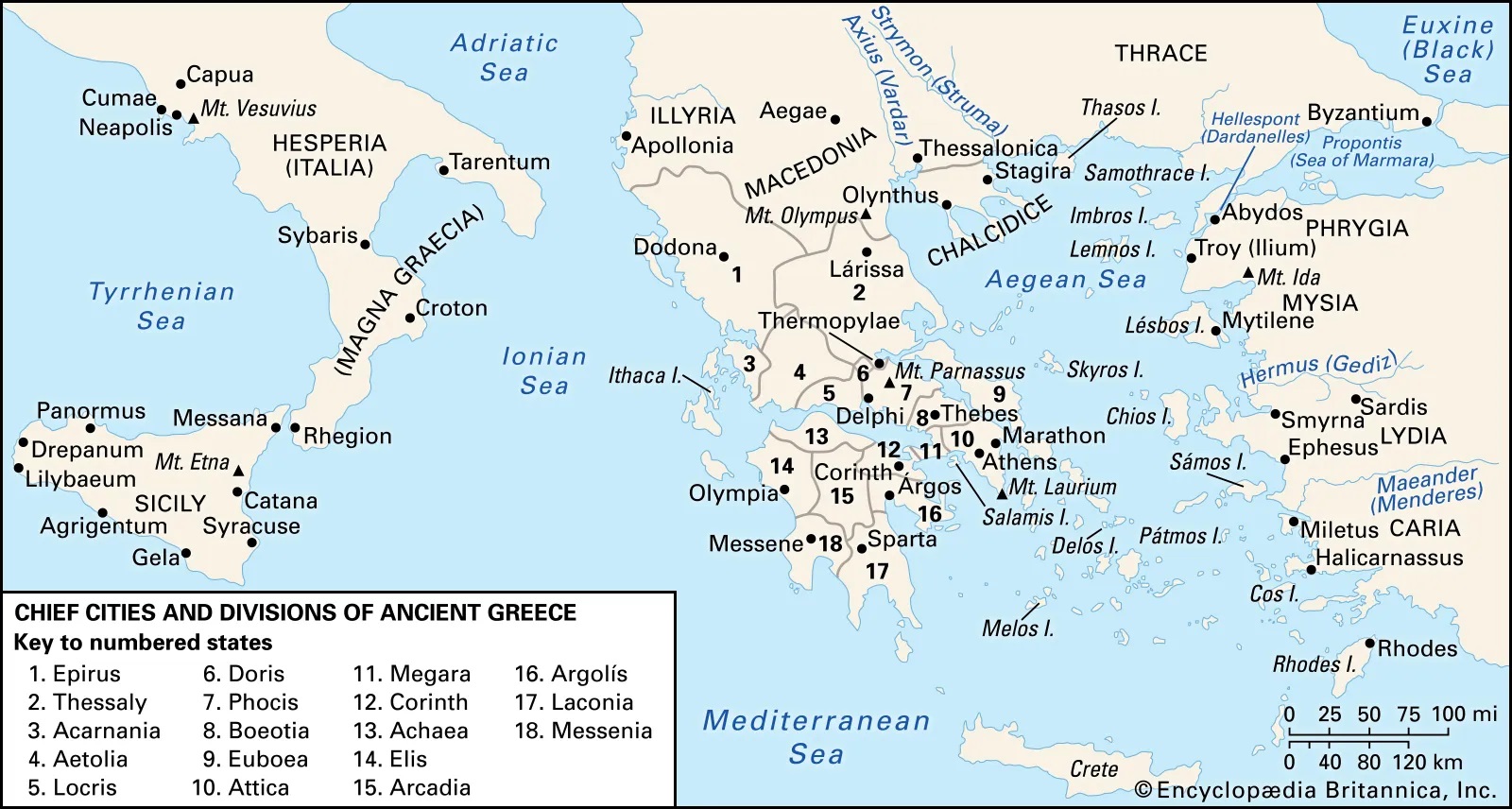
Encyclopædia Britannica. (n.d.). ancient Greece . [image]. Britannica School. Retrieved September 2, 2025, from https://school.eb.com.au/levels/middle/assembly/view/54571
Videos

Web Links

-
Famous Greek Statues – Read Up on Ancient Greek StatuesThere are many famous Greek statues that survived the many centuries between the fall of ancient Greece and the modern day.
Nexus-S Resources

The British Museum
The British Museum has a brilliant collection of Ancient Greek objects.
These items show how the Greeks lived, worshipped, and created art thousands of years ago.
- Elgin Marbles (Parthenon Sculptures) – carved stone figures and panels from the Parthenon temple in Athens.
- Greek pottery – painted vases and bowls showing myths, sports, and everyday life.
- Bronze helmets – worn by Greek soldiers in battle.
- Marble statues – of gods, athletes, and important people.
- Greek coins – showing images of gods and rulers used in trade.
- Jewellery – made from gold and silver, worn by wealthy Greeks.
- Funeral steles – stone grave markers with carvings of people and scenes.
- Oil flasks (lekythoi) – used to hold oils for bathing or funerals.
- Terracotta figurines – small clay models of people and animals.
- Tools and utensils – used in cooking, farming, and daily life.





